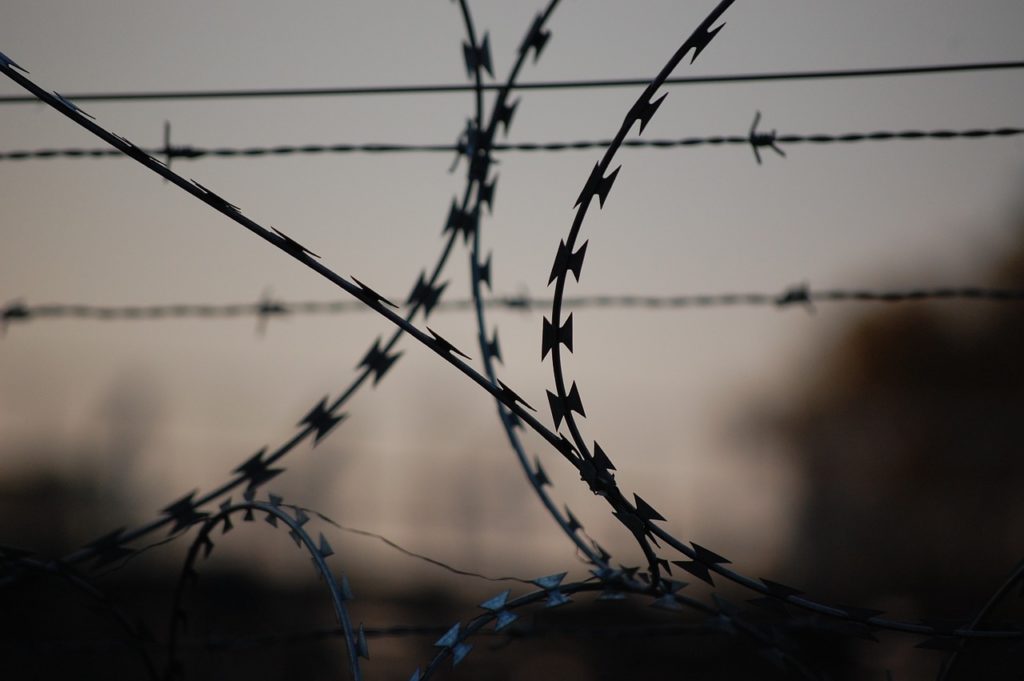Governments in 60 countries have used the Covid-19 pandemic as an excuse to impose measures that violate human rights, according to Amnesty International.
The offences are detailed in a report titled Covid-19 Crackdowns: Police Abuse and the Global Pandemic, and include cases where people were imprisoned for breaching confinement regulations or even in some cases killed.
Several people were killed in Iran, for example, when police opened fire using live ammunition on people who were demonstrating against prison conditions. And during the first five days of a curfew in Kenya, at least seven people were killed by police.
“Security forces all over the world are widely violating international law during the pandemic, using excessive and unnecessary force to implement lockdowns and curfews,” said Patrick Wilcken, deputy director of Amnesty International’s Global Issues Programme.
“The horrific abuses committed on the pretext of fighting COVID-19 include Angolan police shooting a teenage boy in the face for allegedly breaking curfew, and police in El Salvador shooting a man in the legs after he went out to buy food.”
And the measures introduced ostensibly to curtail the growth of the pandemic have had the opposite effect, Amnesty says.
Not only police are at fault. In Kyrgyzstan, local health authorities welded the doors of an apartment building shut after one resident had tested positive. In Slovakia, the military were deployed to enforce a mandatory curfew on Roma communities. In Venezuela, another NGO received reports of police beating people in one quarantine centre with sticks.
“The COVID-19 pandemic must be treated first and foremost as a public health crisis that needs to be addressed through evidence-based public health measures rooted in respect for human rights,” the report concludes.
“From the experience of managing the HIV epidemic and other such crises, public health experts have found that these measures are most likely to be effective when they are driven by empowerment and community engagement. Coercive law enforcement measures risk undermining the effectiveness of the response and must only be used as last resort.”
“It is essential that authorities around the world prioritise public health best practices over coercive approaches that have been found to be counterproductive,” said Anja Bienert, head of Amnesty International Netherlands police and human rights programme.
“Law enforcement agencies must give clear orders and instructions to their personnel to put human rights at the centre of all considerations. Law enforcement officials must be held accountable for excessive or unlawful exercise of their powers. Without accountability, the door will be opened to further abuses of power.”
Alan Hope
The Brussels Times

